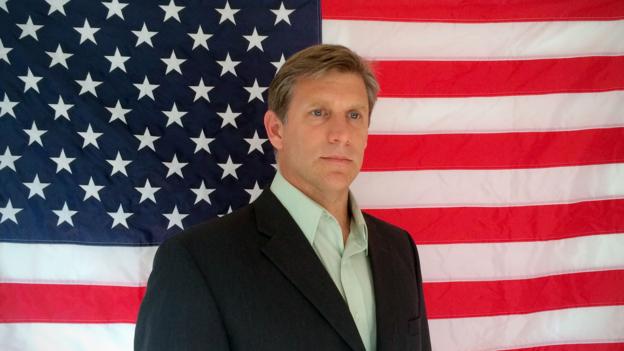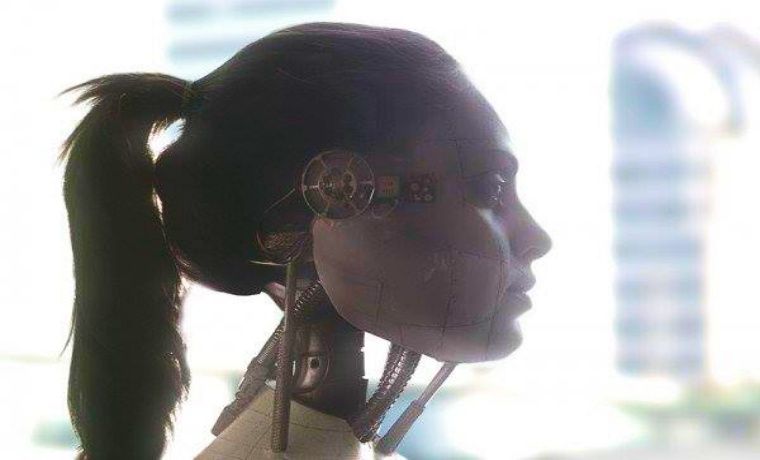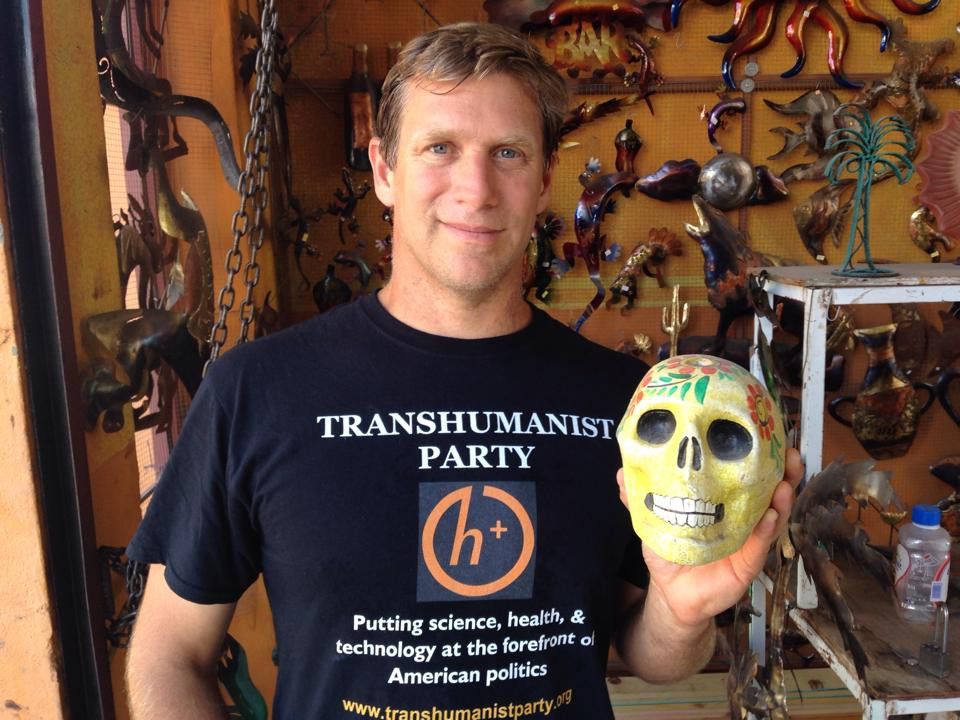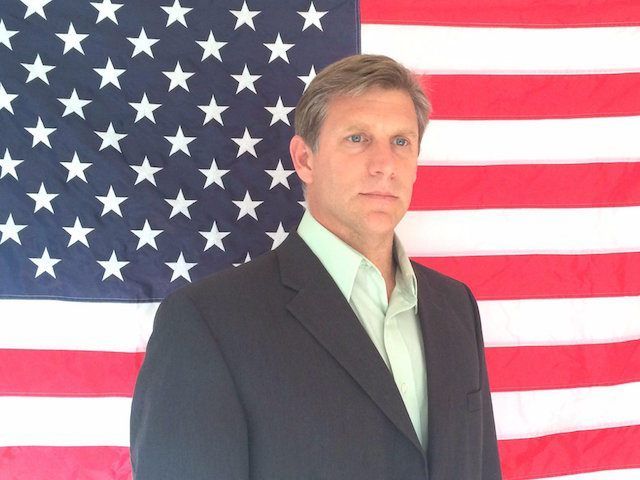Can we end violence? Can we create greater emotional well being and intellectual equality for the greater well being of humanity? Will we be able to keep up with machines? How can we augment our intelligence? Could we cure mental illness? After advancements in aging the next major area of research from a standpoint of eliminating personal and global suffering would be upgrades in intelligence. Transhumanist values at their core want to eliminate suffering and existential risk to people’s lives. With well founded logic, these goals are not completely out of reach, it is possible but as usual, we will have to take the complex issue from many angles and from the standpoint of a systems engineer, but let’s look at some fun stuff before we get into the heavy stuff.
The Benefits of Intelligence Upgrades
So, what is the benefit for intelligence upgrades for every day people? We live in a time of exponential technology and vast amounts of face paced information, breakthroughs and invention. So, the most obvious answer to what is the benefit of intelligence upgrade is dealing with the massive amount of information one needs to keep up with daily to be on top of the game for work, for research or for business. Sometimes it can be our mere storage capacity that limits us in our abilities to interact with this information, at other times it is our processing speed, and most fundamentally the rate at which we can interact with new information. In 2012, a prosthetic chip was invented that uses electrodes to expand one’s memory storage. Now, with biotechnology predicted to move more quickly in 2016 and Google ready to back more companies in biotechnology, it may be possible to augment or program selective photographic memory. This is just an example of what one could imagine and begin working with, when combining electronics and gene editing. Many big breakthroughs in enhanced intelligence could be achieved in the future. The implications for business professionals, scientists, and the progress of technology would be astounding if upgrades like these were available. Personally, I can’t wait for the day when me and my personal A.I. through my Google Glass or some sort of eye wear or ear piece could read my brainwaves so I can type and do all my work through what would be a virtual form of telepathy. I could store everything I will need later instantly in the cloud and exactly where I want on my computer, there would be almost no delay because, well, how could there be? Time is everything.





